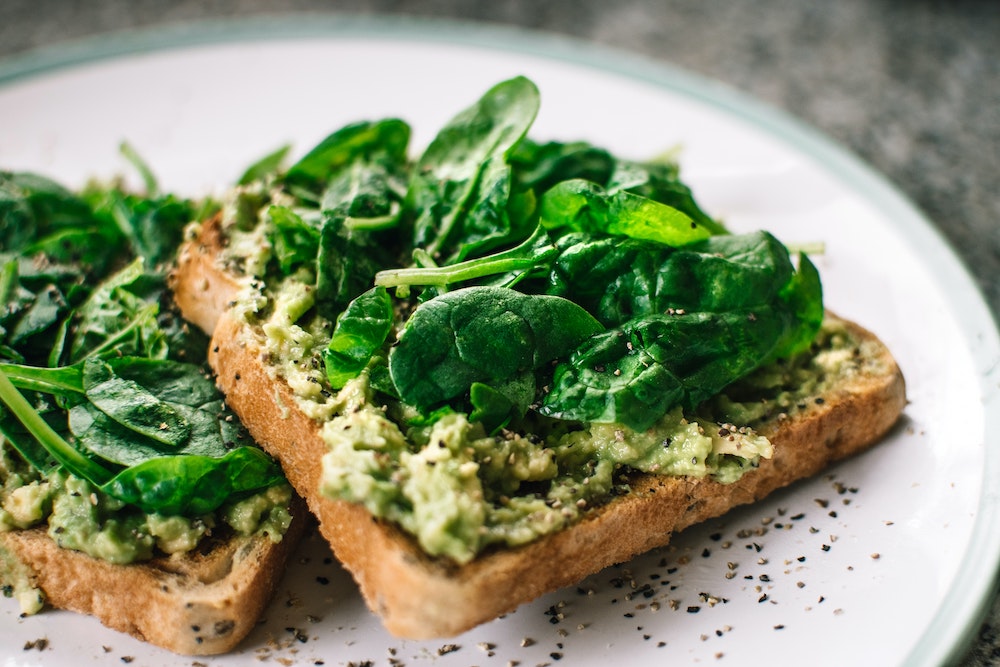Did your parents urge you to finish your vegetables by telling you, “You are what you eat”? That’s true long after you’re grown up: the foods you consume help determine energy levels, daily effectiveness, moods—and, for some people, how quickly and effectively they recover from medical depression.
Food and Your Mood
Do you know someone who always “needs” a grande latte to get going in the morning? Or a chicken-fried-steak sandwich to feel better on rough days? Unfortunately, most quick, easy, and tasty foods ultimately make you feel worse instead of better. People whose daily diets are loaded with sweets and/or fatty processed foods are more likely to suffer from depression than those who opt for fruits, vegetables, and lean meats.
If there’s a typical “depression diet” (i.e., a diet typical to people who are suffering from depression and not getting any better), it comprises whatever’s easiest to grab or buy or think of when hunger pains strike. There’s little variety from week to week. Menus are high in carbohydrates, fast foods, and sweet desserts. Even when someone knows intellectually that a mood crash will follow the sugar surge, the appeal of convenience and immediate gratification is hard to resist—especially when resilience is already low due to depression.
If that sounds a bit like the pull of addiction disorder, comfort foods do stimulate the brain’s pleasure centers as do mood-altering drugs, and many heavy sugar consumers have reported “withdrawal symptoms” (albeit minor ones compared to opiate or alcohol withdrawal) after stopping cold. These symptoms often include depression.
The Depression-Addiction Connection
Food-addiction questions aside, from one-fifth to one-half of people with medical depression also have chemical-addiction disorders. The connection isn’t surprising: people with depression crave antidotes to despair. If comfort food delivers inadequate comfort, stronger mood-altering substances are the next step up.
And once addiction takes hold, it may push eating to the sidelines. Among the common symptoms of addiction disorder (and also of depression) are changes in appetite and neglect of self-care: many patients are dangerously underweight by the time they get treatment. Addiction and depression must be treated together as the best start to long-term recovery—and long-term healthy eating.
What to Eat: Foods That Help You Beat Depression
Point to remember #1: The less processing, and the fewer additives, the better.
Point to remember #2: Most people who think they’ve “never liked” healthy foods change their minds after trying new recipes, or taking time to acquire a new taste.
Point to remember #3: If you have depression symptoms, and especially if you’re recovering from severe depression and/or addiction disorder, get a doctor’s help planning your diet.
Now, on to specific food recommendations:
Fresh fruit and vegetables provide essential vitamins, and improve mood without the surge-crash effect. But beware of fruit juice (minus the fiber, it’s as sugary as soda pop).
Whole-grain bread is immensely superior to white for maintaining healthy blood-sugar balance.
Healthy fats, such as nuts and avocados, are ideal for anyone who needs to gain weight—and also provide health benefits to people of normal or higher weight.
Lean meats are better than red meat for keeping depression and anxiety at bay. Fish, in particular, is rich in the omega-3 fatty acids credited with antidepressant effects. Many scientists believe a “meaty” diet is associated with lower depression—although non-meat protein sources such as beans and quinoa should still make up a substantial percentage of anyone’s protein intake.
Regular water hydration reduces stress levels and makes it easier to think clearly.
Coffee provides some mood-boosting benefits. However, too much (usually defined as more than 32 ounces a day) can make depression worse. For the best effect, omit sugar and any “extra caffeine” blends, and take your coffee between 8 a.m. (starting too soon after getting up interferes with your body’s natural energy-generation cycle) and 4 p.m.
Vitamin or herbal supplements can be helpful (multivitamins, vitamin B-12, vitamin D, fish oil, and St. John’s Wort are the most commonly recommended), but check with your doctor first, especially if you are also taking antidepressants or other medications.
And good news: you don’t have to give up comfort foods. They can be depression-beaters themselves when consumed in moderation.
Finally, how you eat makes a difference.
- Eat in small portions, five or six a day, to keep your blood sugar balanced.
- Chew thoroughly and savor each bite.
- Eat with others: good company makes good moods.
- Follow other healthy-living practices such as exercise and sleep.
Start Your Anti-Depression Diet at Lakeside-Milam
At Lakeside-Milam Recovery Centers, we know that addiction doesn’t stop with physical detox. Whether you opt for an inpatient or an outpatient program, we’ll help you with a long-term recovery program that includes attention to good nutrition (and other physical health practices) as well as treatment for any depressive or other mental disorders. Contact us today to learn more!






